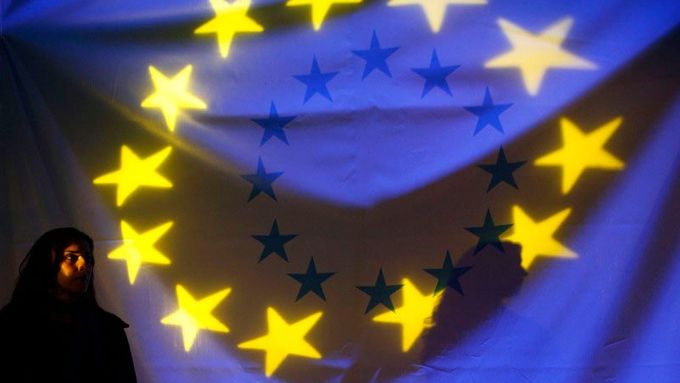Prague - The Czech Republic is going to get 800 billion CZK (32 billion EUR) in EU funds this year. However, it is not clear what control mechanisms will be used to make sure the funds are used effectively and without frauds.
One particular case, the funds for Regional Medical Inc. in Ustí nad Labem, Northern Bohemia, has even come into the focus of the European Anti-Fraud Office (OLAF, the Office de Lutte Anti-Fraude).
Distributed by the state, to the state, with state supervision
Aktuálně.cz has learned that significant part of the funds for the Czech Republic is received by state offices - ministries and regional bureaus.
The funds are thus used by the same institutions that are entitled to distribute them and control whether the money are spent effectively.
Read more: ČR net EU funding beneficiary
„Thus the control is naturally loose," said an expert on EU funds that does not want to be named.
In Ústí nad Labem, Regional Medical Inc. obtained 700 million CZK (28 billion EUR) to purchase new medical machines for Ústí's hospitals. In 2009, Aktuálně.cz pointed out that some of the machines were purchased for double of their market price.
Who watches the watchmen?
Head of the Regional Medical Inc. Petr Benda (Social Democrats, ČSSD) who is also a member of the regional assembly says there was no problem about the purchases. The regional board for European funds agrees.
The board is headed by another member of the regional assembly, Jiří Šulc (Civic Democrats, ODS) who contracted BENE Factum auditory company to look into the case - the company found no flaws in the purchases.
Another audit is planned by the Finance Ministry that is obliged by the European Commission to ensure that the donations are spent effectively.
The ministry run a tender to choose who will be contracted to make the audit. The tender was won by Deloitte, however PriceWaterhouseCoopers filed an objection against the tender to the Anti-Monopoly Office. The office has already said that it cannot predict how long will it take it to rule on the issue.
This in effect means that nobody can say when will the audit take place, or whether it will take place at all.
Olaf the Great (Fraud Hunter?)
This stalemate situation caused an external player to join the game - the European Anti-Corruption Agency OLAF. In 2009, the outcome of the investigation conducted by the OLAF led to the suspension of the EU fundings for Bulgary.
This is for the second time in a few months the EU is investigating a Czech company. In November 2009, the European Commission (EC) agents raided the offices of state-owned energy giant ČEZ and Czech-Slovak group J&T to investigate the allegations that the two companies were using cartel methods to marginalize their competitors.
The general problem with the European funds in the Czech Republic is that there is no clear and unified investment strategy. The Czech Republic has a complicated funding system with seven large programs on the ministry level and nine regional programs.
The ministries and regions then spend the money themselves or through their budgetary organizations.
